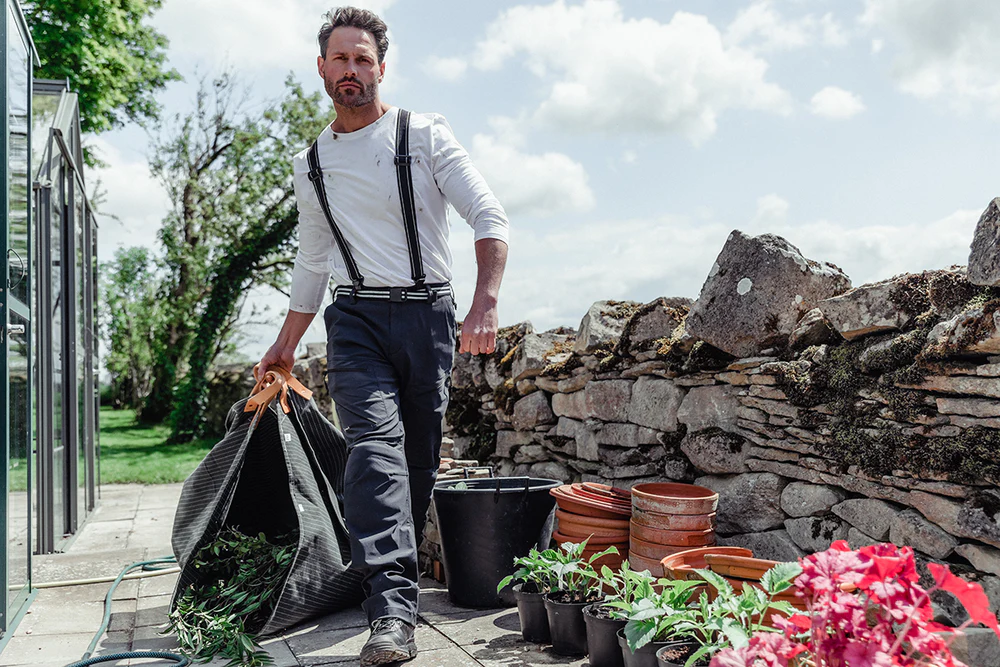Gardening - a spiritual experience?

In her 1913 collection of poems, Dorothy Frances Gurney wrote,
The kiss of the sun for pardon,
The song of the birds for mirth,
One is nearer God's Heart in a garden
Than anywhere else on earth
We loved this poem enough to add it to one of our Pinterest boards and it also inspired us to investigate the role of gardens in various spiritual and religious traditions. This is what we discovered:
Christianity
According to the Bible, the world began in the Garden of Eden (also the inspiration for Gurney’s poem) and placed Adam and Eve in charge of tending it. Life in the garden was said to be idyllic as man and God walked together in the cool of the evening.
Judaism
The Old Testament of The Bible has many references to gardens and the Song of Solomon is perhaps the most influential poem in garden literature. At the heart of the relationship between Jews and gardens is the concept of the seven species which have sustained Jewish life for millenia and which were first mentioned in Deuteronomy 8.8: wheat, barley, figs, grapevines, pomegranates, olives and date palm honey
Buddhism
The Japanese rock garden has become a spiritual discipline for Zen Buddhists. These small, walled gardens use rocks, gravel, water, trees, bushes and moss to represent mountain and water scenes. Japanese rock gardens are designed to imitate the essence of nature, thereby serving as an aid to meditation about the true meaning of life.
Islam
Islam also attaches a religious importance to gardens, using them as a place of rest and relaxation. During visits to Islamic gardens, Muslims are encouraged to reflect on their faith, the surrounding serving as a reminder of the life in paradise that awaits them. The Qur’an, Islam’s holy text, regularly references gardens to reinforce their use as a glimpse of heaven.
Taoism
Chinese Taoists have used gardens as a way to reach enlightenment for over 2000 years. Followers of Taoism use gardens to disengage from worldly concerns and instead contemplate the unity of creation. Tao gardens are designed to evoke the idyllic feeling of walking through a natural landscape. In this way adherents can fully appreciate the harmony between man and nature. Gardens typically include water, rocks, bridges in addition to flowers and trees.
Hinduism
Hinduism takes gardening a step further by venerating certain plants. Tulsi basil, for instance, is believed to be an incarnation of a god, and is therefore the foundation of any Hindu garden. The plant is also believed to keep the mind healthy and free of worry so that worshippers at temples, which also tend to be surrounded by gardens, can concentrate on the gods.
Bahá’í
Rising out of the heavily populated city of Haifa in Israel, the Bahá’í Gardens are built along 19 terraces up the side of Mount Carmel. At the centre of the garden stands a gold-domed shrine marking the final resting place of the Prophet-Herald. The garden is a place of pilgrimage for adherents of the Bahá’í faith, and is also specifically aligned towards the city of Akko which holds a sacred significance. The image in this blog is of these gardens.











